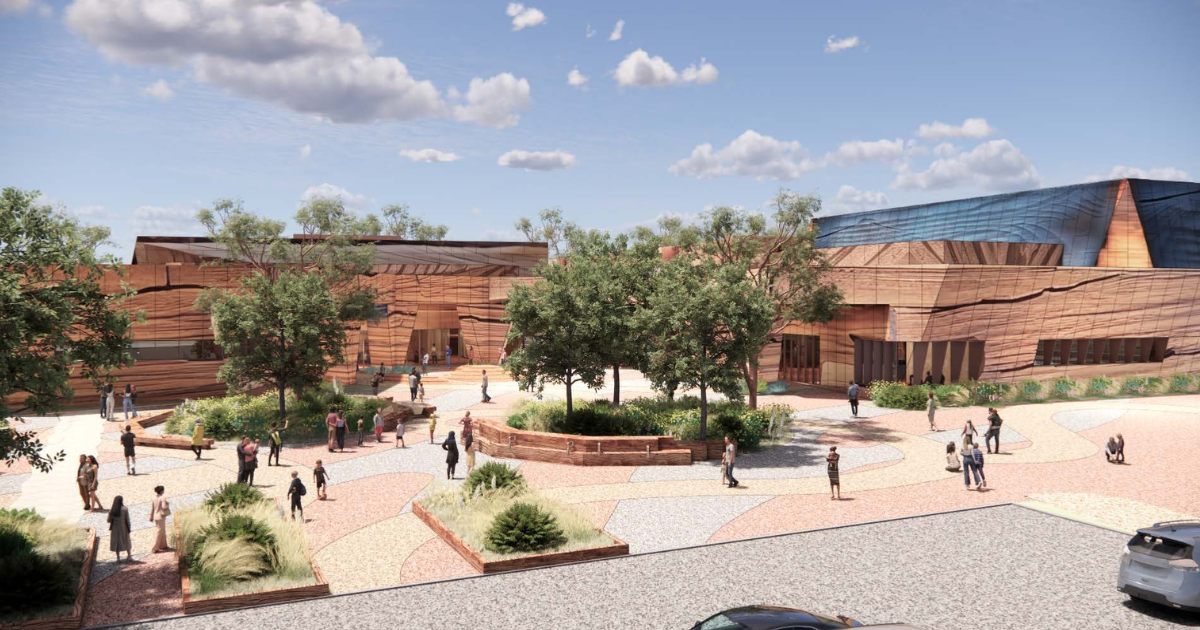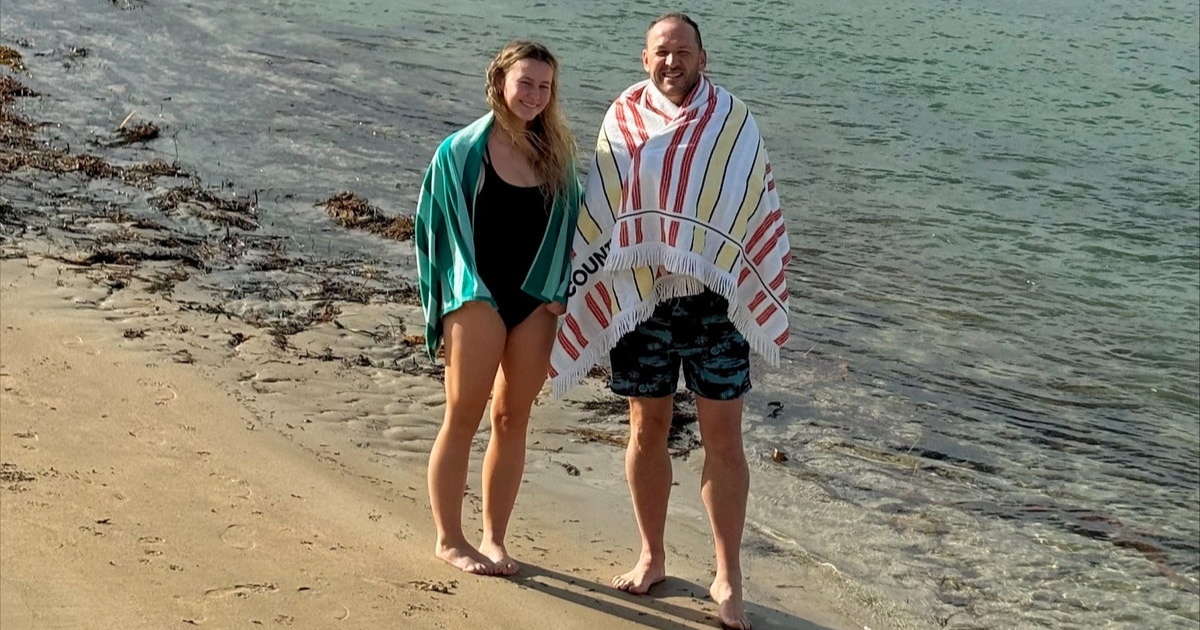Li-S Energy powers up with federal grant

TOP: Li-S Energy chair Dr Ben Spincer (foreground) makes a slight adjustment to one of the machines in the Li-S Energy facility at ManuFutures while (L-R) Corangamite federal member Libby Coker, Industry and Science Minister Ed Husic and Li-S Energy CEO Dr Lee Finniear look on. ABOVE: Li-S Energy is making low-weight, highly durable batteries suitable for the unstaffed aviation and defence industries, such as in drones. Photos: JAMES TAYLOR
WAURN Ponds tech manufacturer Li–S Energy is using a $1.7 million grant from the federal government to upgrade its production line as it aims to break into the global battery market.
The company, which is one of the tenants of ManuFutures at Deakin University’s Waurn Ponds campus, has put the funds into supporting its high-tolerance lithium foil battery manufacturing process to produce next generation, ultra-light batteries.
The grant is one of the first to flow from the federal government’s $392 million Industry Growth Program (IGP), which is designed to help small and medium businesses overcome barriers associated with scaling up.
Li-S Energy is making low-weight, highly durable batteries suitable for the unstaffed aviation and defence industries, such as in drones.
The company’s chief executive officer Dr Lee Finniear said Li-S Energy had worked very hard to create the 2MWh facility at ManuFutures.
“And [the official opening] couldn’t come at a better time than also receiving an Industry Growth Program grant to actually extend that production capability beyond fabrication of lithium sulphur and lithium metal batteries, to actually producing the lithium metal foil we need for the anodes in those batteries.
“Australia produces 52 per cent of the global lithium supply and yet we add very little value here.

“Today, this new sovereign domestic manufacturing capability, we hope will herald a future of adding value here in Australia, as opposed to sending it overseas for foreign companies to reap those rewards.”
IGP grants are aligned with the seven priority areas of the National Reconstruction Fund and are designed to support businesses in the early stages so they can apply for NRF co-investment during later phases of development.
Industry and Science Minister Ed Husic and Corangamite federal member Libby Coker officially opened the battery manufacturing facilities at Li-S Energy on Friday last week.
Mr Husic said his government wanted Australia to be a country that makes things.
“We also, under our Future Made in Australia plans, want to mobilise Australian industry to make the things that can cut emissions and grow great jobs in the process.
“The Industry Growth Program is designed for small and medium enterprises to grow so that when they’ve got a great idea, they don’t hit a brick wall and aren’t able to progress because they don’t have the capital support to help them do what they think will be groundbreaking and frontier-leading, innovative technology.”
Ms Coker acknowledged the many projects that had sprung to life at Deakin’s Waurn Ponds campus.
“Deakin is doing amazing work in terms of the greenfield site application to to startup companies getting to the next step,” she said.
“We’re talking about innovative technology that’s going to add value for our nation, and basically that’s what we want to do.”

















